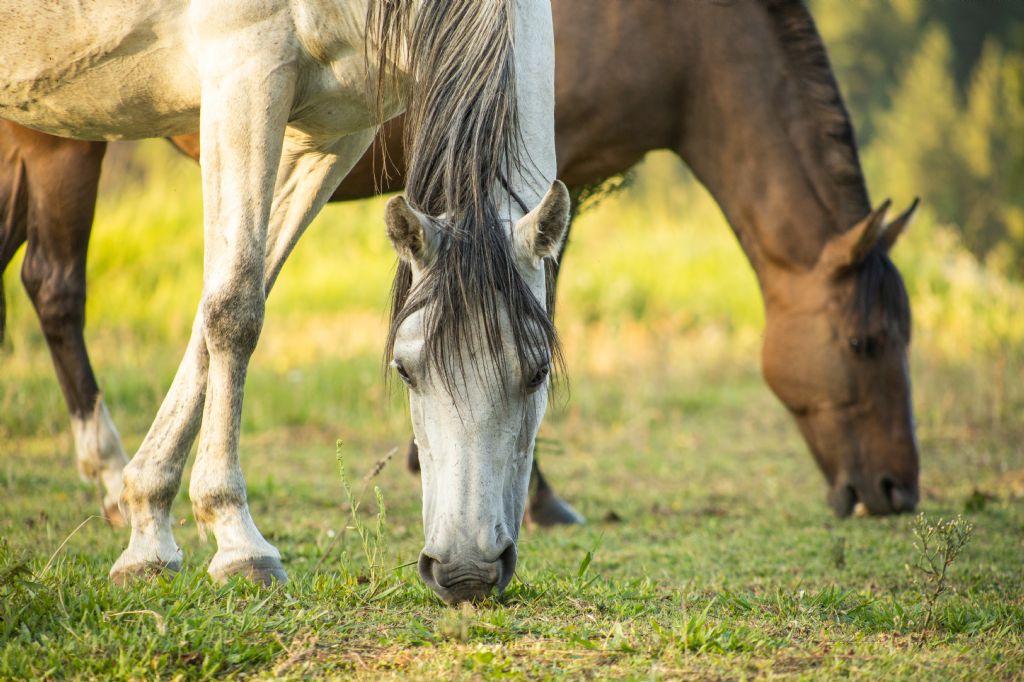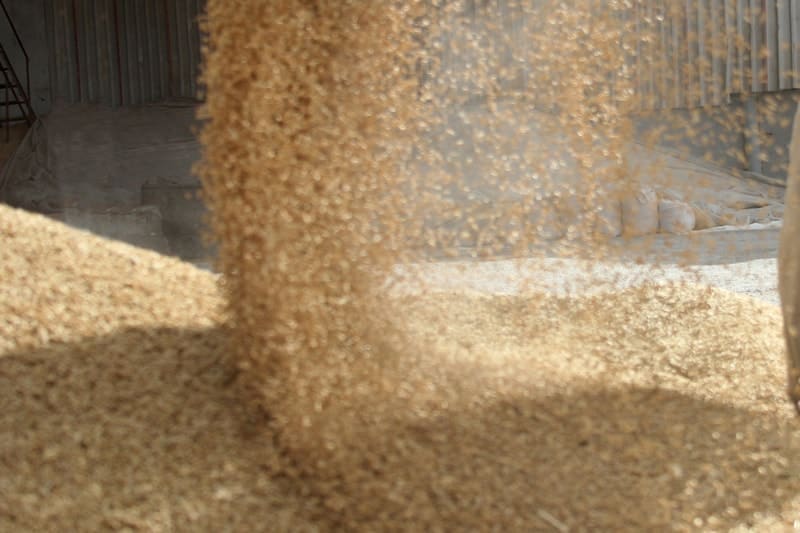Bluegrass News
Equine obesity has become a prevalent health issue and is a major cause of disease. Being overweight not only adds unnecessary strain on a horse’s ligaments, tendons and joints, but excess fat can cause hormonal changes that have a negative impact on the horse’s metabolic systems. This can result in conditions such as laminitis and equine metabolic syndrome (EMS).
Managing an overweight horse
Regularly monitoring your horse’s weight through weighing allows for an accurate measurement of their weight and changes to be noted. This allows dietary and management changes to be made accordingly. However, in many cases access to a weigh bridge isn’t always an option, therefore the regular use of a weight tape coupled with body condition scoring acts as an effective tool to monitor changes in body weight.
Weigh your horses feed
When was the last you weighed your horses ration? Overtime it is very easy for portions sizes to slowly increase especially when feeding by estimating volume. Not all horse feeds weigh the same in a given volume for example, a Bluegrass Horse Feed scoop holds just over 1.2kgs of cubes and 1kg of mixes, within in that there are variations depending on the product. Aside from your concentrate feed it is also vital to weigh your horses forage ensuring to provide those on restricted diets 1.5% of their body weight per day. Ensure to restrict their intake gradually and to not restrict any less than 1.5% of body weight.
Forage matters
In many cases haylage provides too many calories for good doers and it is recommended to switch to hay were possible. The soaking of hay can help to reduce the water-soluble carbohydrate level within it. Replacing a portion of your horses hay/haylage with barley straw or oat straw is beneficial in providing more fibre whilst also helping to reduce calorie intake. Remember it is important to make any changes gradually.
It also important to reduce time spent out grazing on grass, alternatively turn out can be offered in a dry lot whilst only allowing a short period of turnout on grass. The use of a grazing muzzle is a good tool to reduce intake however, they should only be used for a couple of hours. The use of strip grazing or introducing a track system is also a good way to reduce grass intake.
Concentrate on quality over quantity
Many owners of overweight horses & ponies feel the best way to feed a concentrate is to only provide a little sprinkle or none at all. However, feeding a mix or a cube below the recommended feeding levels will mean your horse is missing out on vital vitamins and minerals. An excellent alternative is to feed a low-calorie complete balancer such as Stamm 30, this ensures your horse is receiving a fully balanced diet which includes high quality proteins, vitamins & minerals. To increase feeding time and prevent bolting of the feed, adding a handful of chaff to each meal is beneficial.
Exercise is key
Exercise is an important part of managing horses or ponies that are overweight. Not all exercise has to be ridden work, in hand walking, lunging or the use of a walker are all forms of exercise that will help with reducing body weight. The key is to increase the number of calories burnt, ensure that the fitness plan takes into consideration your horses current fitness level and gradually increases workload.
Whether you have access to an equine weighing scale or use the body condition score system, getting to know your horse’s weight will help your management to prevent obesity, illness and other debilitating conditions.
For more information or advice, contact the Bluegrass Horse Feed nutritional helpline – (0)28 3754 8276 or info@bluegrasshorsefeed.com.







.jpeg)




